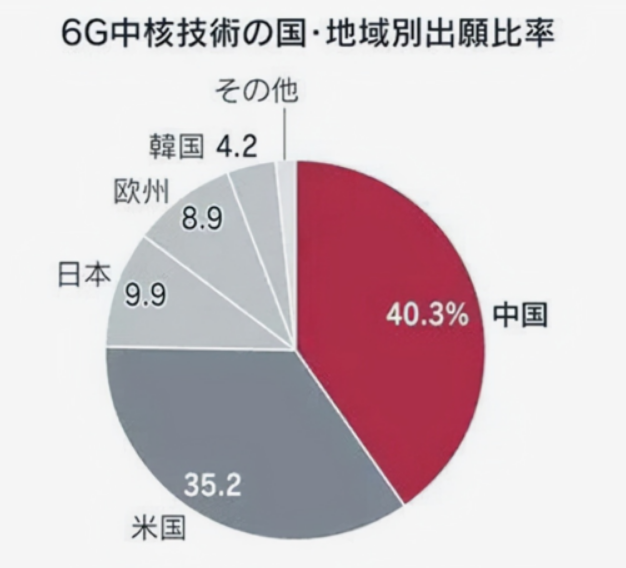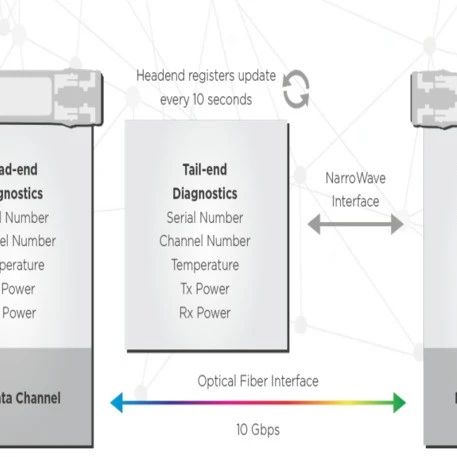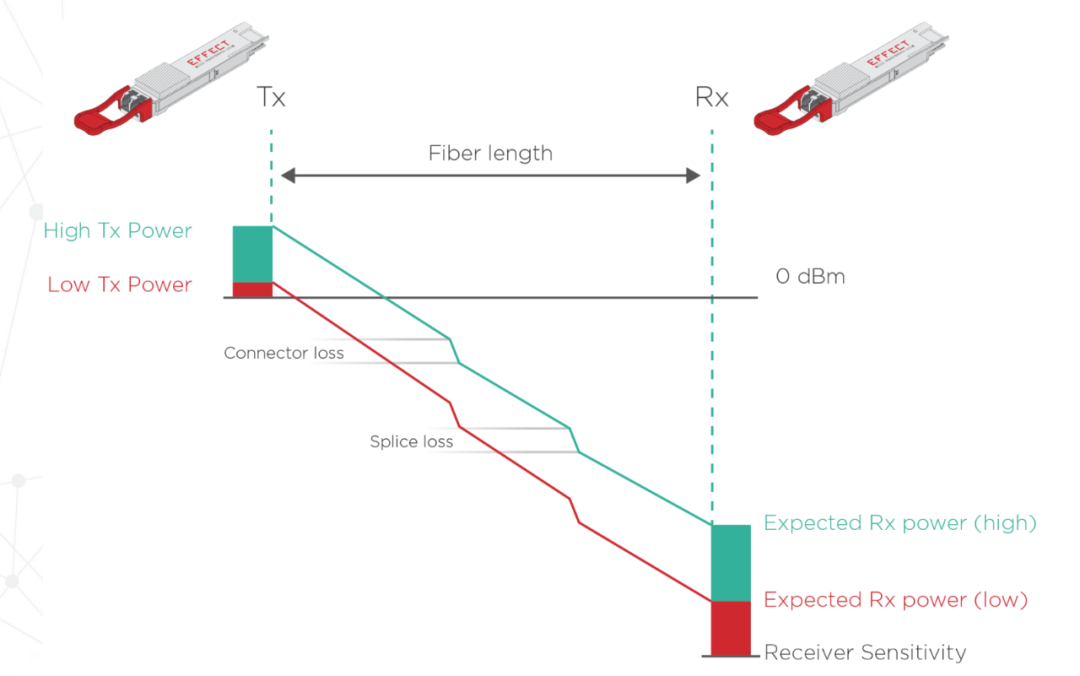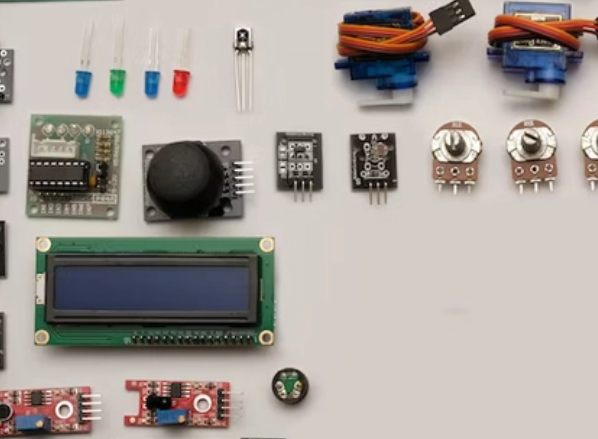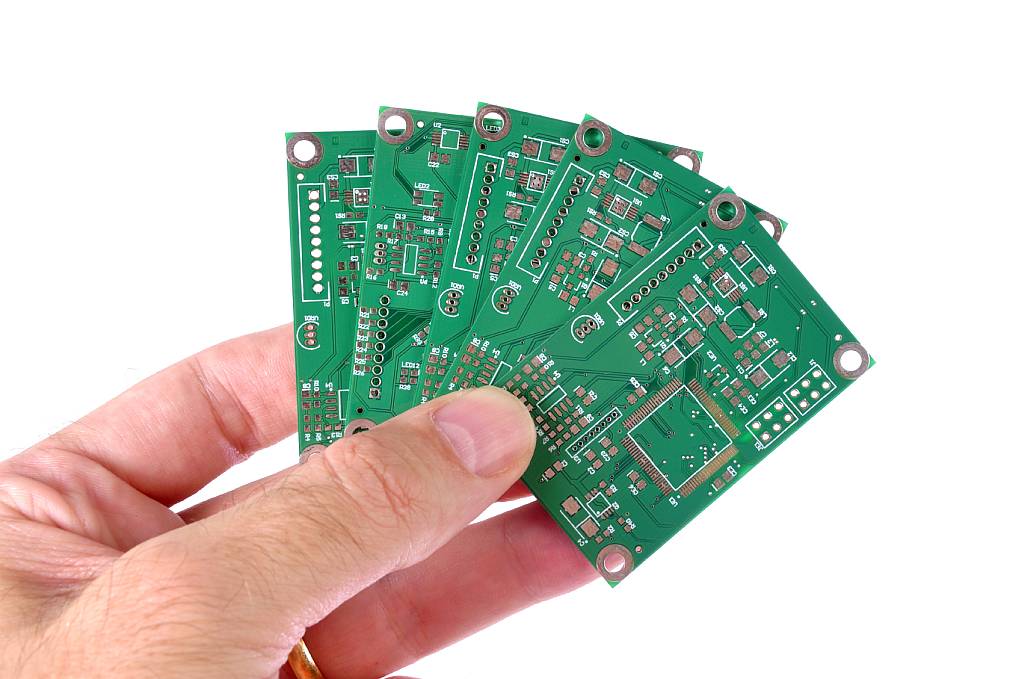Introduction:
In the world of networking, the availability of reliable and efficient hardware solutions plays a pivotal role. Three prominent networking boards that have garnered attention are DR8072, DR6018C V01, and DR40X9. These boards offer diverse features and functionalities, and notably, they all support SFP (Small Form-factor Pluggable) modules. In this article, we will delve into the significance of SFP modules and explore how they enhance the capabilities of these boards.
Understanding SFP Modules:
SFP modules, also known as mini-GBICs (Gigabit Interface Converters), are hot-pluggable transceivers that provide flexible and interchangeable fiber optic and copper connectivity options. These compact modules offer a standardized form factor and are widely adopted in networking applications for their versatility and ease of use.
DR8072: Empowering High-Speed Connectivity
The DR8072 board is equipped with a Qualcomm Atheros IPQ8072 AR Quad Core CPU, ensuring robust performance. Its support for SFP modules opens up a range of networking possibilities. By utilizing SFP modules, network administrators can seamlessly integrate fiber optic connections, enabling high-speed data transmission over long distances with low latency and minimal signal degradation.
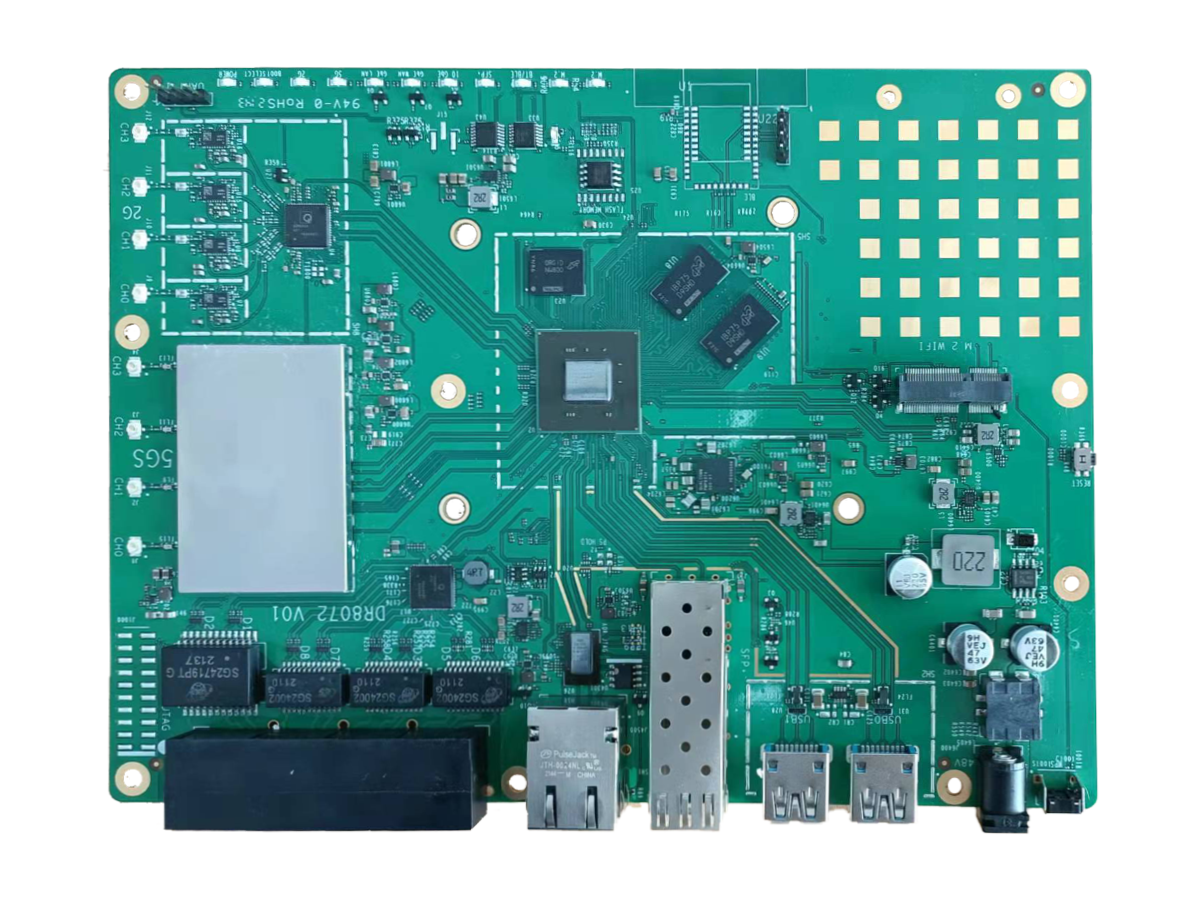
DR6018C V01: Versatile Networking Capabilities
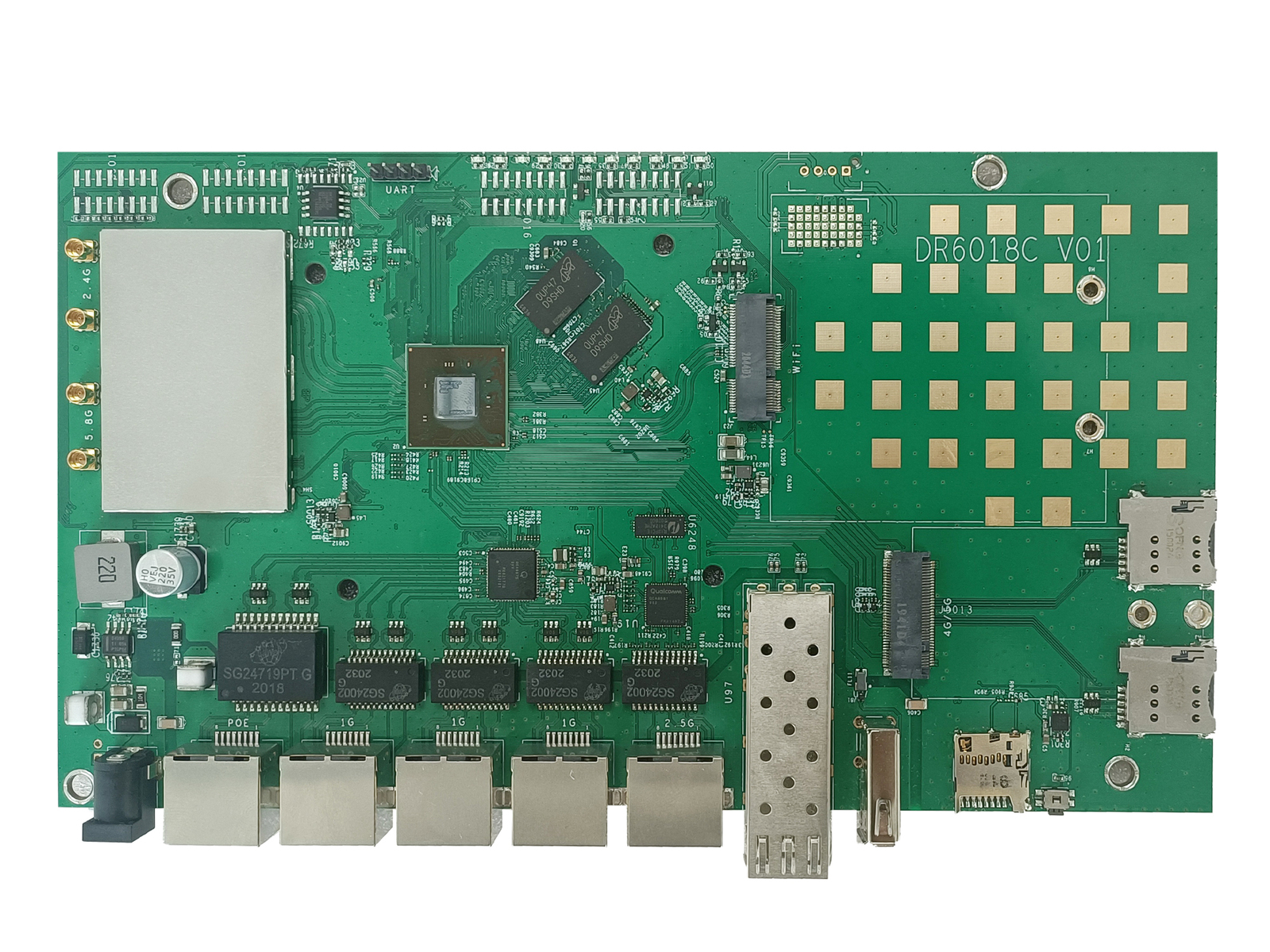
The DR6018C V01, powered by the Qualcomm-Atheros IPQ6010 chipset, offers advanced networking functionalities. The inclusion of SFP module support enhances its versatility. With SFP modules, this board enables flexible network expansion and connectivity options, allowing for seamless integration with existing fiber optic infrastructure. This capability proves invaluable in scenarios where network extensions or interconnections between different sites are required.
DR40X9: Reliable Industrial Networking
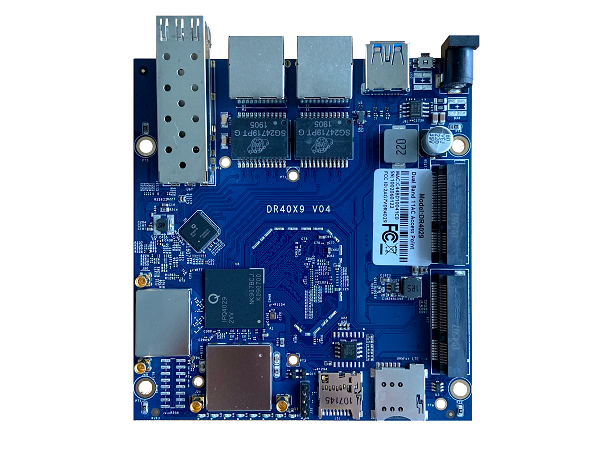
Designed for industrial applications, the DR40X9 boasts an industrial-grade IPQ4019/IPQ4029 chipset. Its compatibility with SFP modules further enhances its reliability and adaptability. With SFP module support, this board enables secure and high-speed fiber optic connections in harsh environments. It proves particularly useful in industrial settings where long-distance communication, electromagnetic interference resistance, and high bandwidth are critical factors.
Harnessing the Potential of SFP Modules:
The inclusion of SFP module support in these networking boards offers significant advantages. SFP modules facilitate the integration of different networking technologies, including fiber optic and copper interfaces, providing network administrators with flexibility and scalability. Additionally, SFP modules can be hot-swapped, allowing for easy maintenance and upgrades without disrupting the entire network.
Moreover, SFP modules support various data rates and network protocols, including Ethernet, Fiber Channel, and SONET/SDH, making them suitable for a wide range of applications. By selecting the appropriate SFP modules, network administrators can tailor their networks to specific requirements, whether it's long-distance fiber optic connections, high-speed copper links, or other specialized needs.
Conclusion:
In the ever-evolving landscape of networking, the DR8072, DR6018C V01, and DR40X9 boards stand out for their robust features and support for SFP modules. These boards enable network administrators to harness the benefits of SFP modules, including versatile connectivity options, high-speed data transmission, and scalability. By embracing SFP modules, these boards extend their networking capabilities and provide enhanced performance, making them valuable assets in a variety of networking environments.

 扫码关注
扫码关注




























